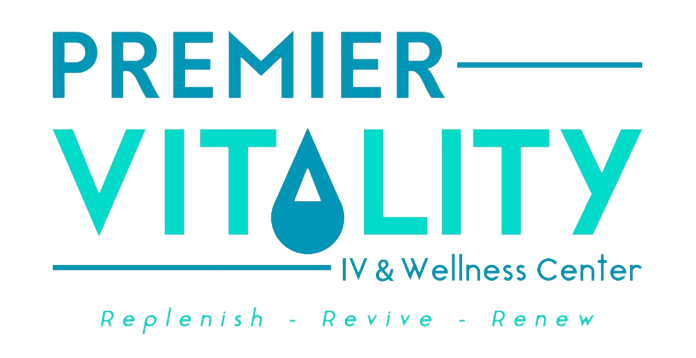Other Benefits Of Receiving Regular NAD Therapy

> AID IN ADDICTION RECOVERY
Addiction recovery can be a challenging process, especially when dealing with withdrawal symptoms. NAD therapy might be useful in aiding addiction recovery because its signaling and metabolic functions may affect how the body fights addiction.
According to notable studies increasing NAD levels in the brain reduces cravings and helps cells regulate withdrawal side effects in study participants.
> MAY HELP REDUCE CHRONIC PAIN
Many experience some form of chronic pain. NAD therapy may help manage chronic pain because it contains vital bio-signaling factors called sirtuins that modulate the inflammatory response at a cellular level. When supplemental NAD is introduced to the body, these signaling factors increase, telling the affected cells to switch off the inflammation response. This function may help reduce symptoms of chronic pain.
> MAY HELP MANAGE ANXIETY AND DEPRESSION
Anxiety, depression, and similar disorders are thought to be associated with a destabilization of neurotransmitter levels, such as those of serotonin and noradrenaline. NAD has been found to have an anti-depressant effect as it modulates these and other neurochemicals to correct imbalances, promoting better mood regulation.
The effects of NAD on the brain extend to brain physiology, helping the brain form new cells in damaged areas, an important aspect in the long-term management of depression. Regular NAD therapy may help elevate mood, reduce anxiety, and manage depression.
Links to NAD+ medical research articles
- https://thedebrief.org/unlocking-the-fountain-of-youth-groundbreaking-anti-aging-research-holds-promise-for-reversing-cellular-aging/
- https://www.mdpi.com/2073-4409/10/9/2441
- https://www.jillcarnahan.com/2019/04/02/is-nad-the-fountain-of-youth/
- https://hms.harvard.edu/news/rewinding-clock
- NAD+ Repletion Rescues Female Fertility during Reproductive Aging
- Comparison of Oral Nicotinamide Adenine Dinucleotide (NADH) versus Conventional Therapy for Chronic Fatigue Syndrome
- COVID-19: NAD+ deficiency may predispose the aged, obese, and type 2 diabetics to mortality through its effect on SIRT1 activity
- Nicotinamide adenine dinucleotide emerges as a therapeutic target in aging and ischemic conditions
- Dietary and nutrition interventions for the therapeutic treatment of chronic fatigue syndrome/myalgic encephalomyelitis: a systematic review
- Nicotinamide adenine dinucleotide, a metabolic regulator of transcription, longevity and disease
- A Case of Parkinson’s Disease Symptom Reduction with Intravenous NAD+



